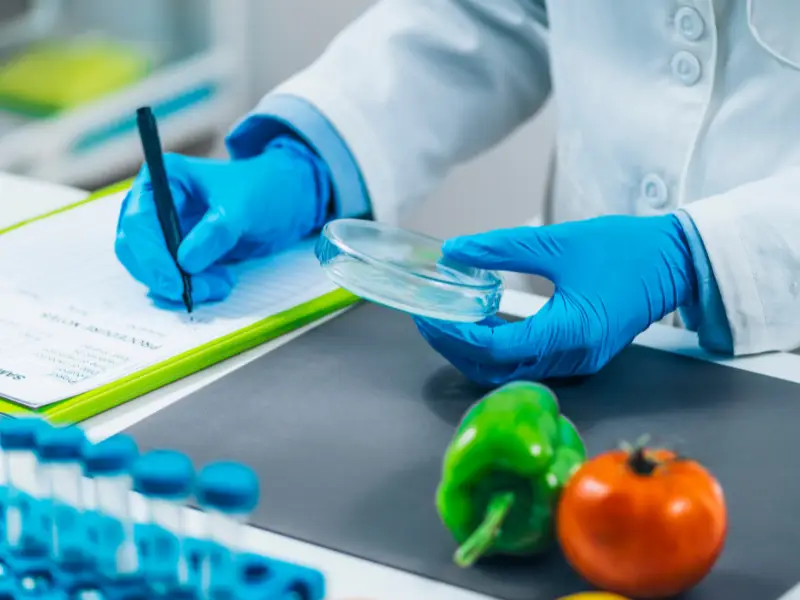Gulfood 2025 in Dubai has been bringing together people from different parts of the world in the F&B industry to showcase their innovations and products, and to exchange ideas in this vast domain. However, with the F&B industry on the rise and a vast variety flooding the consumer market, concerns about quality are emerging.
On the second day of Gulfood 2025, key speakers who were part of a panel discussion addressed concerns and shared insights regarding food security, highlighting how the UAE is effectively tackling challenges, given the harsh weather conditions, and considering the significant imports from India and other countries into the region.
Vidya Shah, Chief Commercial Officer, Abu Dhabi Food Hub – KEZAD, shared her views on the panel, stating, “We are developing the Middle East’s first and largest dedicated zone, a hub for training for food commodities focussing on key areas like affordability, making sure there is a resilient supply of food, and there is accessibility of all kinds of food available country. So that’s part of the food security measures that we are addressing.”
Hunger and Food Insecurity Remain Global Crisis
Another important aspect that was discussed was about how hunger and food insecurity continue to pose global challenges, with an estimated 780 million people affected, more than double the population of the United States.
On a larger scale, approximately 2.4 billion people worldwide—roughly 30% of the global population—experience food insecurity, with 60% of them residing in rural areas. This issue is worsening over time, and the economic cost of food insecurity is estimated at $3.5 trillion, equivalent to the total GDP of a country the size of India. Compounding the problem, one-third of global food production, valued at around $1 trillion, is wasted annually, as discussed by Rakesh Jha, General Manager of Al Maya Group.
He shared, “What we are currently doing is putting investment, innovation and the responsible sourcing. The food strategy of UAE 2051 is planning to have 50% of the total food production sourced from the local market, UAE, and we are there to support that.”
AI and Demand Planning Combat Food Waste
The use of artificial intelligence (AI) and demand planning is becoming increasingly vital in reducing food waste. A pilot project conducted in India demonstrated the potential of these technologies, successfully saving approximately 20% of food waste.
Such initiatives highlight the growing importance of AI and demand planning in tackling food waste issues globally.
Meanwhile, others on the panel, including Mohamed Othman, Executive Director of Investment Activities at AAAID; Giovanni Angiolini, Director for the Middle East and Africa at Dutch Greenhouse Delta; John Marten, Program Manager for Food Innovation at Meat & Livestock Australia; and Begum Mutus, General Manager of Global Public Affairs and Ambassador of the Yıldız Holding Women’s Platform, also shared key insights into tackling food quality and insecurity issues worldwide.






